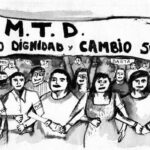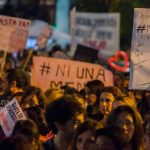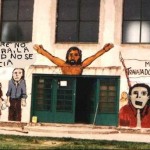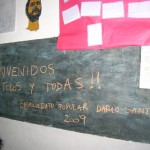
Living in Freedom: Notes on Colectivo Situaciones and MTD Solano’s Hypothesis 891
Today, when the term “militant research” is regularly used in academic articles and texts, it is worth returning to the question of the purpose and practice of research militancy. Ultimately, as Hipotesis 891 highlights, research militancy is not primarily about another way of doing research, or least research that assumes academia as its main site of enunciation. Rather, it is about another way of doing politics, that does not follow a predetermined line or presume to know the answers a priori, but that sees research as part of the political process itself.
 Viewpoint Magazine
Viewpoint Magazine


